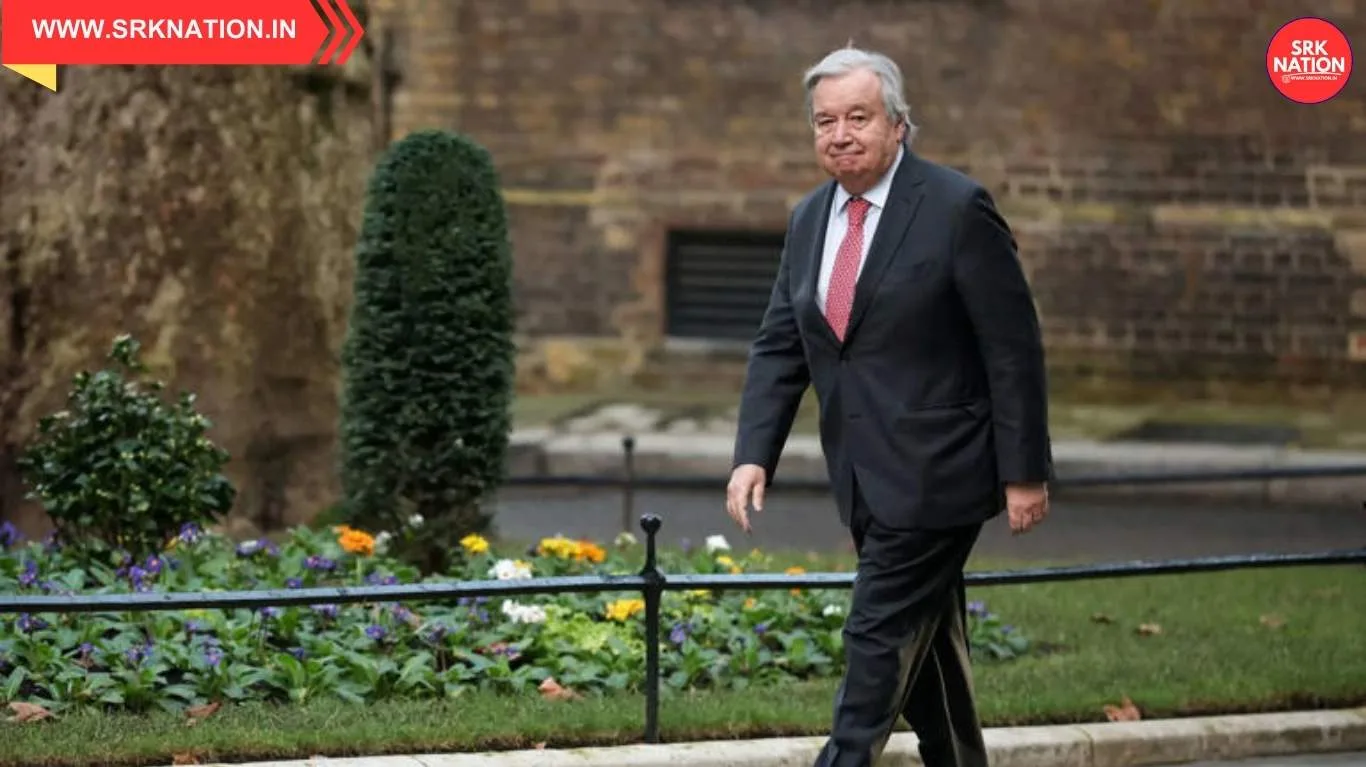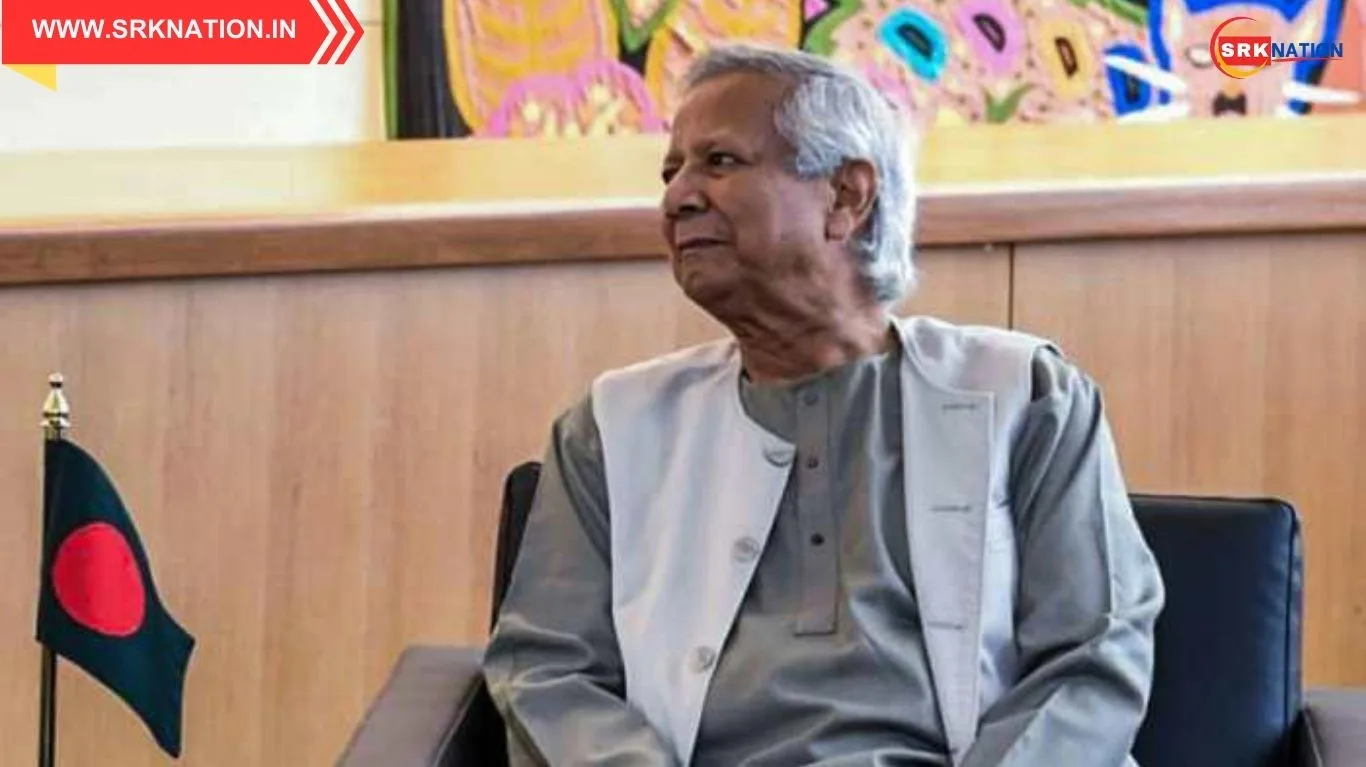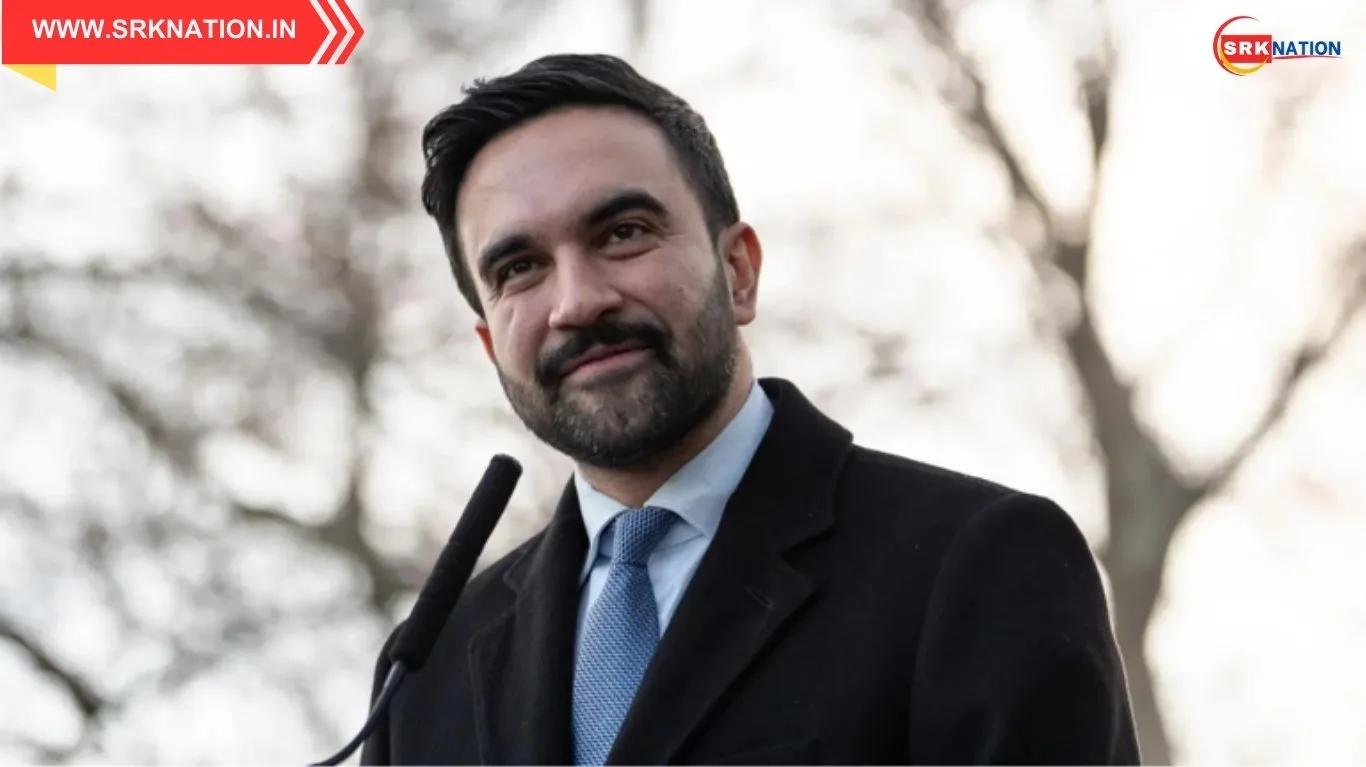Social media platforms and several unverified websites were flooded on Tuesday with claims that Bangladesh Prime Minister Sheikh Hasina has been sentenced to six months in jail by the country’s International Crimes Tribunal (ICT). However, an in-depth fact check reveals that these reports are baseless, fabricated, and part of coordinated misinformation campaigns aimed at destabilising political discourse ahead of crucial diplomatic engagements.
Origin of the Fake News
The rumour gained traction after multiple posts on X (formerly Twitter) and Facebook shared screenshots allegedly showing the ICT’s judgment against Hasina for “war crimes and corruption.” Several posts amassed thousands of shares within hours, prompting concerned reactions across South Asian diplomatic circles.
However, official checks with the ICT and Bangladesh’s Law Ministry confirm that there is no such case, hearing, or verdict against Prime Minister Sheikh Hasina.
What is the International Crimes Tribunal?
The International Crimes Tribunal (ICT) in Bangladesh was constituted in 2009 to prosecute individuals for crimes committed during the 1971 Liberation War. It does not have jurisdiction over corruption or governance-related cases. Moreover, the tribunal operates under national jurisdiction, not as an international UN court as often misconstrued in social media narratives.
Official Clarification
Bangladesh Law Minister Anisul Huq issued a strong statement dismissing the viral claims:
“These rumours are politically motivated lies aimed at damaging the image of our Prime Minister and the country. The International Crimes Tribunal has not issued any verdict against Sheikh Hasina.”
Similarly, an ICT official confirmed:
“There is no ongoing or past case against Prime Minister Hasina. ICT only deals with war crimes of 1971, not corruption or political charges.”
Key Facts about Bangladesh’s ICT and Sheikh Hasina
| Particulars | Details |
|---|---|
| Established | 2009 |
| Jurisdiction | War crimes committed during 1971 Liberation War |
| Verdicts | Over 50 individuals convicted for war crimes; none against Sheikh Hasina |
| PM Sheikh Hasina’s Role | Initiated ICT formation to prosecute 1971 war criminals |
| Current Status of Fake News | Denied by Law Ministry, ICT, and verified fact-check organisations |
Timeline of Rumour Spread
| Date | Event | Platform | Reach |
|---|---|---|---|
| July 1, 2025 | First viral post claiming verdict | X (formerly Twitter) | 35,000 views |
| July 1, 2025 | Screenshots shared in Bangladesh-focused Facebook groups | 2 lakh views | |
| July 2, 2025 | Fact check by Bangladeshi media & international news portals | Web & TV | Extensive clarification |
| July 2, 2025 | Official government denial issued | Press conference | Nationwide broadcast |
Context: Why Such Misinformation Emerges
Analysts note that politically targeted fake news often peaks around sensitive diplomatic or electoral timelines. In this instance:
- Upcoming Diplomatic Visits: Sheikh Hasina is scheduled to visit China next week for strategic discussions on trade and defence cooperation.
- Opposition Movements: Bangladesh’s domestic opposition parties, including BNP and Jamaat-e-Islami, have intensified anti-government campaigns in recent months.
- Regional Dynamics: Disinformation campaigns to destabilise bilateral ties and public perception are not uncommon in South Asia’s high-voltage political ecosystem.
Recent Misinformation Trends Targeting Hasina
| Month | Rumour | Fact |
|---|---|---|
| May 2025 | Hasina’s government bans Facebook nationwide | False. Temporary internet restrictions during protests |
| June 2025 | Sheikh Hasina resigning due to health reasons | False. She attended Parliament and chaired Cabinet meets |
| July 2025 | Sentenced to jail by ICT for corruption | False. ICT has no jurisdiction over corruption cases |
Legal Provisions Against Fake News in Bangladesh
The government has warned that spreading such misinformation violates Bangladesh’s Digital Security Act 2018, which mandates penalties for creating panic, defamation, or destabilisation through false news.
International Reactions
Diplomatic missions and international news agencies clarified that there is no record or statement indicating any legal action against Hasina by either Bangladesh’s ICT or any global court.
A South Asia security analyst based in New Delhi commented:
“This reflects classic political disinformation, mixing legal terminology with existing institutions to create believable but fake narratives. Such tactics are increasingly used to erode public trust in leaders and institutions.”
Sheikh Hasina’s Political Position
Sheikh Hasina, 76, is serving her fourth consecutive term as Prime Minister after her Awami League party won a landslide in the January 2024 elections. She is widely credited for her economic development programmes, poverty reduction policies, and maintaining secular governance, though her critics accuse her of authoritarian tendencies and crackdown on dissent.
How to Verify Before Sharing News
With increasing fake news targeting political leaders, experts recommend:
✅ Checking official government websites or press releases.
✅ Referring to reputed national and international news portals.
✅ Avoiding unverified screenshots or cropped images circulated via social media.
✅ Reporting misinformation posts to platform moderators for removal.
Conclusion
The claims of Bangladesh Prime Minister Sheikh Hasina being sentenced to jail by the International Crimes Tribunal are completely baseless and fabricated. No such verdict exists, and official clarifications have debunked the rumour as a deliberate misinformation campaign. Citizens are advised to exercise caution, verify news from official and reputed sources, and avoid sharing politically motivated fake narratives that harm national stability and international relations.
Disclaimer: This article is for informational purposes only. Readers are urged to rely on verified government statements and court records before believing or sharing legal or political news updates.











